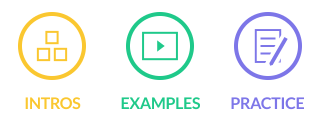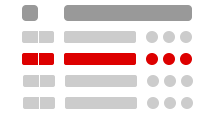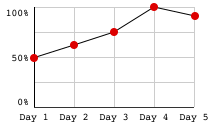Five Key Ideas
- Rational Choices
- A choice which use available resource to obtain maximum net benefit. People compare the benefit and cost in each choice and pick the choice that yields the largest net benefit.
- Cost
- The opportunity cost of something is the best thing we must give up to get it.
- Benefit
- The benefit of something is the gain or pleasure that it brings
- Choices are Made at the Margin
- A margin is like an edge from which a choice is to be made. When a choice is changed by a little at a time, then eventually the choice is made at the margin
- Marginal Benefit (MB): what you gain from one unit of something
- Marginal Cost (MC): the opportunity cost of one-unit increase
- Choice is made when MB = MC, because this gives the maximum net benefit.
- Respond to incentives
- Incentive is a reward or penalty that encourages or discourages an action. Making choices will leads us to respond to incentives






